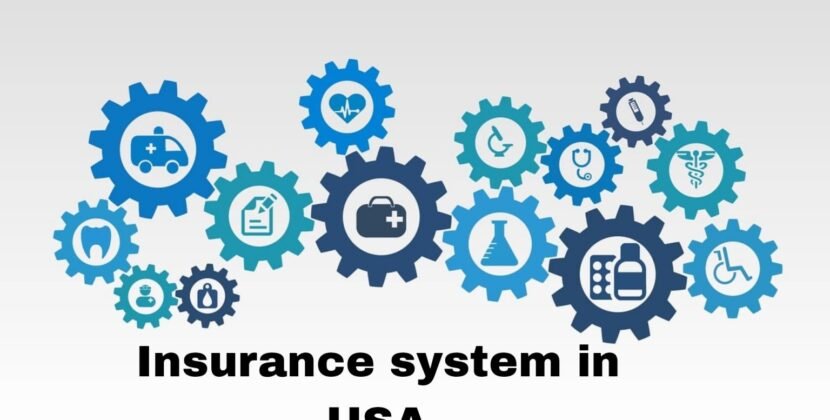Packaged salads are a staple in many households, valued for their convenience and health benefits. However, they can sometimes harbor harmful bacteria, including Listeria monocytogenes, which causes listeriosis—a serious infection with potential health risks. To help you enjoy your salads safely, here’s a comprehensive guide on how to prevent listeriosis from packaged salads.
Understanding Listeriosis
Listeriosis is an infection caused by the bacterium Listeria monocytogenes. It can lead to severe illness, particularly in pregnant women, the elderly, newborns, and those with weakened immune systems. Symptoms may include fever, muscle aches, and gastrointestinal issues, and in severe cases, it can cause meningitis or septicemia.
Why Packaged Salads Are at Risk
Packaged salads are pre-cut and pre-washed, making them convenient but also potentially more prone to contamination. Factors contributing to the risk include:
- Extended Shelf Life: Packaged salads are designed to last longer, which means they can harbor bacteria if not stored correctly.
- Processing and Handling: Even with stringent hygiene practices, the handling and processing of pre-packaged salads can sometimes introduce contaminants.
- Storage Conditions: Listeria can grow at refrigerator temperatures, so improper storage can exacerbate the risk.
Preventive Measures
To reduce the risk of listeriosis from packaged salads, consider implementing the following practices:
1. Choose Wisely
- Inspect Packaging: Before purchasing, check that the salad packaging is intact. Avoid buying packages with torn or damaged seals.
- Check Dates: Always verify the expiration or “use-by” dates on the package. Opt for the freshest product with the longest shelf life.
2. Proper Storage
- Refrigerate Promptly: Store packaged salads in the refrigerator at or below 4°C (39°F) as soon as you get home. Avoid leaving them out at room temperature.
- Avoid Temperature Fluctuations: Keep the refrigerator door closed as much as possible to maintain a consistent temperature and reduce the risk of bacterial growth.
3. Hygiene and Handling
- Wash Your Hands: Always wash your hands thoroughly with soap and water before handling food.
- Clean Surfaces: Regularly clean and sanitize kitchen surfaces, utensils, and cutting boards to prevent cross-contamination.
- Use Clean Utensils: Avoid using utensils or dishes that have come into contact with raw meats or unwashed produce.
4. Examine and Rinse
- Visual Inspection: Before consuming, inspect the salad for any signs of spoilage, such as off odors, discoloration, or sliminess.
- Rinse When Possible: Although many packaged salads are pre-washed, rinsing them under cold water can further reduce the risk of contaminants.
5. Safe Consumption Practices
- Avoid Eating Expired Products: Discard any salad that has passed its expiration date or shows signs of spoilage.
- Minimize Exposure Time: Once opened, try to consume packaged salads within a few days to minimize the risk of bacterial growth.
Additional Tips for High-Risk Groups
- Individuals at higher risk, such as pregnant women, elderly individuals, and those with compromised immune systems, should take extra precautions:
- Cooked Vegetables: Consider consuming cooked vegetables instead of raw salads.
- Consult Healthcare Providers: Discuss dietary concerns with healthcare providers to tailor food safety practices to individual needs.
Conclusion
Preventing listeriosis from packaged salads involves a combination of proper selection, storage, and handling practices. By following these preventive measures, you can reduce the risk of bacterial contamination and enjoy the convenience and nutritional benefits of packaged salads without compromising your health. Remember, vigilance and good hygiene are key to maintaining food safety and overall well-being.













